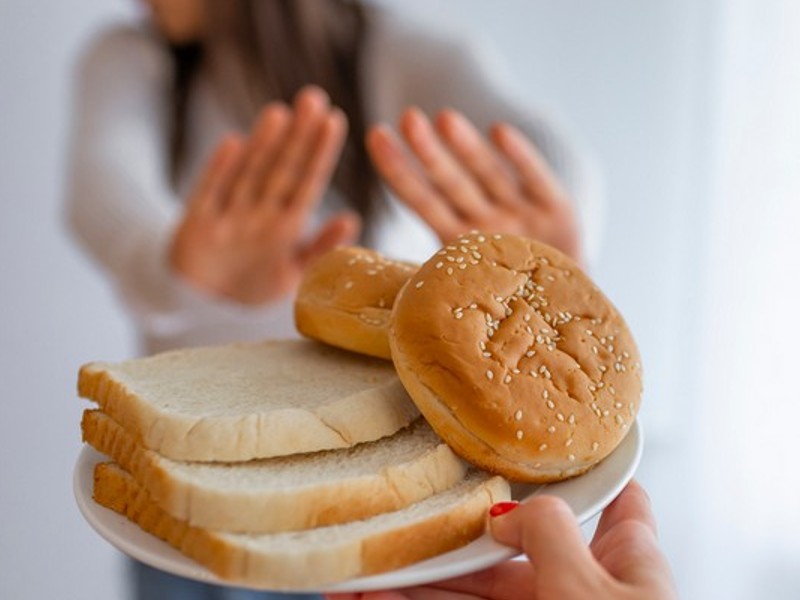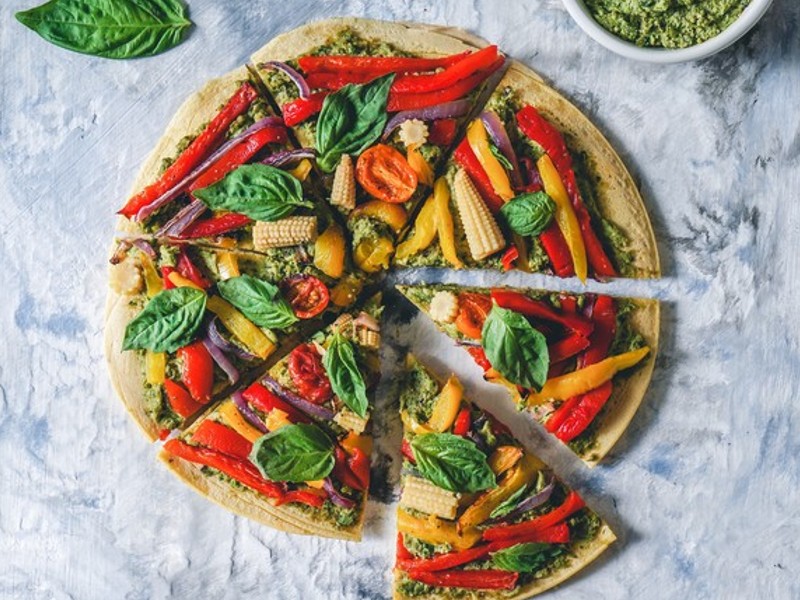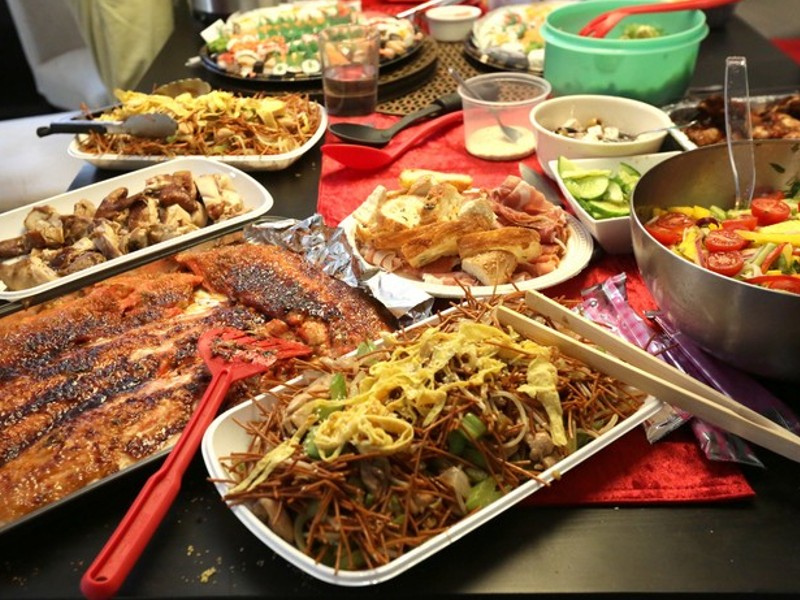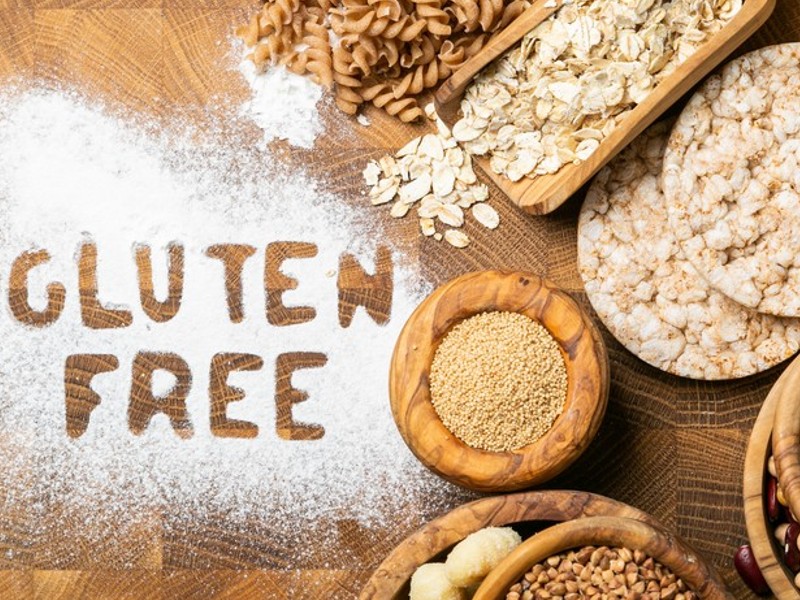Table of Contents
From a small movement, gluten-free is now a mainstream movement appearing in homes, restaurants, and grocery stores all over the world. It has emerged as one of the most popular lifestyle choices for changing our food-related behavior in health or preference. As gluten-free food varieties are really numerous and incredibly delicious, going gluten-free is less of a deprivation and much more a kind of liberation-it opens doors to fresh flavors and wholesome ingredients which build well-being.
Let’s explore this extensive world of gluten-free food, where benefits, challenges, and helpful tips become an integral part of following such a diet.
What Is Gluten, and Why Avoid It?
Gluten is that very elastic protein in wheat, barley, rye and triticale, which provides the satisfaction with the perfect chew. While this does the trick for some, the result of the consumption by many will be serious health problems because celiac disease, just one autoimmune reaction from consuming gluten, damages small intestine.

Other related people may include those with a type of wheat allergy or sensitivity to gluten. Though it is uncomfortable at times, it might cause terrible complications in these conditions. Many people who have nothing wrong with them do face some health improvement if they do reduce on their gluten due to so many people, who when embracing gluten-free diets often note improvements concerning digestion and energy, hence sharper minds.
Benefits of Going Gluten-Free
Benefits of a gluten-free lifestyle go beyond the simple avoidance of discomfort. Here’s how it can impact different body parts:
Digestive improvements
A gluten-free diet will help improve digestion and the symptoms that come with bloating, gas, and stomach cramps, especially for people who have gluten intolerance or sensitivity. Eliminating gluten in your diet means eliminating most processed foods from your diet, thereby improving your digestive health.
Increased Energies
In the sufferers of gluten sensitivity, gluten had previously been associated with weakness and grogginess. The gluten-free diet will cause the patient to be less sluggish, not often feel as though they are about to slump in the afternoon, and be more full of life.

Clearer Mind
The mental clarity of those on the gluten-free diet may be highly enhanced as well. This may be a more focused attention as well as clearer thinking with fewer distractions from the goals set. It is said that it can be achieved through the stabilization of blood sugar and reduced inflammation caused by sensitivities to gluten.
Better Skin Health
For some, gluten can cause reactions on the skin, which may appear as eczema or acne. With a diet free of gluten, it is possible that one may have clearer and healthier skin due to lesser inflammation and processed food.
Myths about Gluten-Free Food and Diets
There are so many misconceptions surrounding gluten-free eating. Here are some to know to make better choices.
Myth 1: “Gluten-Free Food is Always Healthier.”
Just because it says “gluten-free” does not mean it is automatically healthy. Gluten-free junk food is still junk food! Be sure to check labels and ingredients because gluten-free processed foods sometimes contain added sugars, unhealthy fats, or additives.
Myth 2: “Going Gluten-Free Guarantees Weight Loss.”
While some people report losing weight on a gluten-free diet, it’s far from a guarantee. Much of the weight loss actually occurs from making better overall choices rather than having or not having gluten in your diet. Swapping one type of pastry for another full of gluten doesn’t lose much weight.
Myth 3: “Gluten-Free is Only for People with Celiac Disease.”
Many who do not have celiac disease or gluten sensitivity enjoy a gluten-free lifestyle. It may be because of an all-around decrease in processed foods or a cut back on refined carbohydrates. However, it should not be forgotten that individual tolerance needs to be paid heed to and consulted with a healthcare professional before drastic diet changes.
Enjoy a Gluten-Free Diet
One of the biggest fears regarding switching to a gluten-free lifestyle is that you will miss out on the pleasure of food. Relax-the truth is actually opposite of that: here is how you can really enjoy gluten-free eating!
Explore Ancient Grains
Quinoa, millet, amaranth, and buckwheat are naturally gluten-free and full of fiber, protein, and most other nutrients. Use ancient grains for everything from a bowl of breakfast to serve over the heartiest of sides.
Use Fresh Ingredients
Gluten is mostly found in processed foods, so a gluten-free lifestyle encourages more whole-food cooking. Fresh fruits, vegetables, lean meats, and fish can form the base of a vibrant and delicious gluten-free diet.

Try Gluten-Free Baking
Gluten-free baking is quite tricky, but it unlocks a whole new world of textures and flavors. Try almond flour, coconut flour, or rice flour to make breads, cakes, and cookies. You might need to experiment with binders like xanthan gum or eggs to get the right texture, but gluten-free baking can be fun and rewarding.
Get Creative with Alternatives
Zucchini noodles, cauliflower pizza crust, and lettuce wraps are some great gluten-free alternatives for traditional pasta, bread, and tortillas. These pack extra nutrition and, more often than not, fewer calories than the standard fare, which is especially useful for a weight-conscious person.
Social Situations When You’re Gluten-Free
There is a big difference between avoiding gluten in the home and doing it socially. Fortunately, with a little preparation and open communication, it is possible to go out to eat without any worry:
Plan Ahead
Look at restaurant menus online before you go, or call ahead to ask about gluten-free options. Many restaurants today have gluten-free menus or options marked clearly.
Be Clear But Polite
In case you are at dinner in a party or dining out, ensure you let the host or server know about your needs. Most are accommodating once they understand the reasons if for health.
Bring a Dish to Share
In case you are invited for a potluck, bring something that is gluten-free. You then are not left to wonder what you will be having to eat, but most importantly, it introduces other people to gluten-free varieties and their deliciousness for the long term.

For the Long Haul
If you’re considering a gluten-free lifestyle or have just started, know this does not have to be a deprivation journey. It is actually a rediscovery of pure, whole foods and the thrill of experiencing a new culinary landscape. Focus on abundance with naturally gluten-free food and try alternative grains and recipes-there is no need for discomfort.
To most, it means being gluten-free isn’t a dietary switch, but an alteration of life that’s oriented to good health and general wellness. This is characterized by good digestion and energy boosts as well as clearer skin and more clarity in thought and feeling. Above all, this means finding out what really works best for one’s body. Whether you live gluten-free by necessity, by curiosity, or something in between, you’ll see this as a vibrant take on food freedom—one healthy, delicious, and never-ending.








